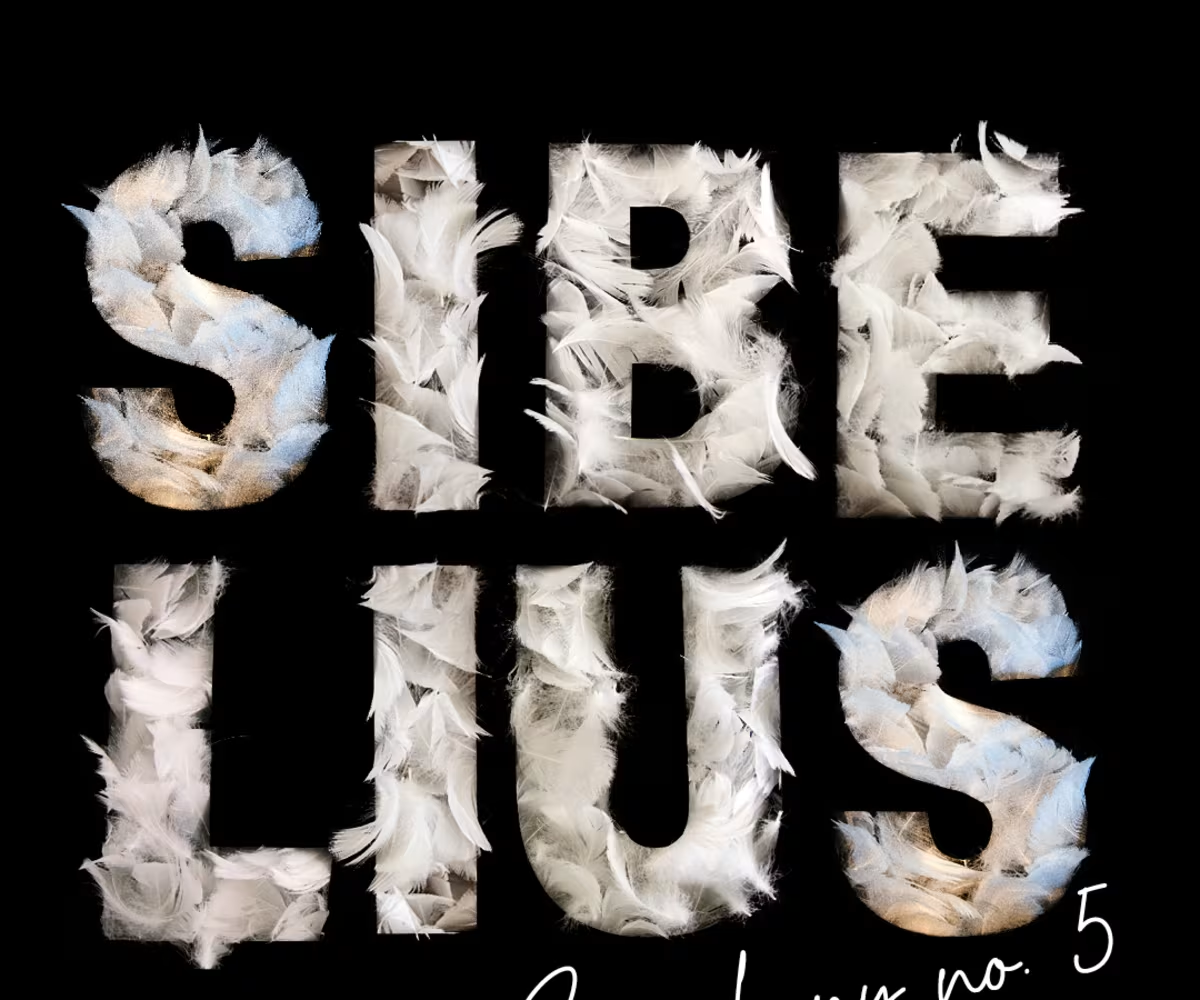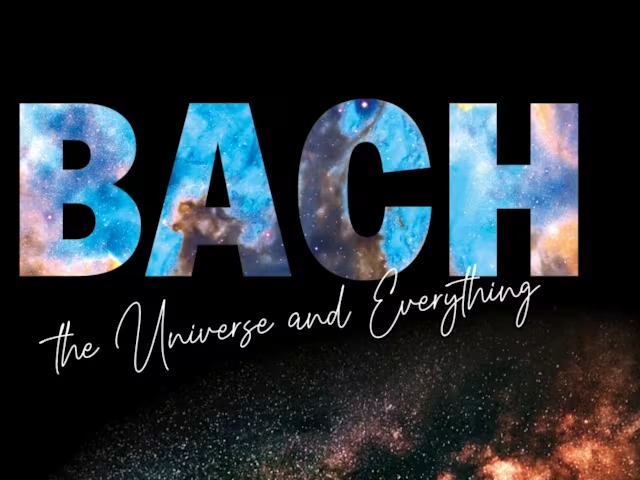Orchestra of the Age of Enlightenment
Sibelius: Symphony No. 5
featuring Maxim Emelyanychev (conductor)

When the horns take flight in the finale of Sibelius Fifth Symphony it is the Romantic gesture par excellence. A soaring melody in the heroic key of E flat, a moment that profoundly stirs the listener, conjuring swans winging across imagined Nordic skies. The symphony was composed between 1912 and 1919 at a time when war was changing everything including both the fabric of music and the instruments it was performed on. Looking back from our historical vantage point, amidst the romantic gestures and almost Mozartian figuration we can also see the emergence of a progressive approach to musical form that set the bar for the century ahead, the layered textures of Ligeti and the orchestral sonorities of the generations of Finnish composers who came after Sibelius.
Rachmaninov’s fantasia The Rock was composed in 1893, the same year as Tchaikovsky’s last symphony. Young Rachmaninov’s style and flair in this piece seemed to pull off the trick of being simultaneously dutiful to its heritage and opening the door to a new direction. Deep, brooding melodies evoke a Chekovian world whilst wispy flutes add a touch of the supernatural.
Half a century earlier, Glinka’s opera Ruslan and Lyudmila nearly disappeared without a trace. Pushkin was killed in a duel before he could complete the libretto based on his poem and such was the popularity of Italian opera in Russia’s cities at the time that Glinka’s Russian language work struggled to establish itself at first. Its punchy overture has fortunately become a concert fixture outside his homeland, unleashing five minutes of swirling strings, sorcerous motifs and full-throated melodies that seem like they might be the origin of all Russian music that followed.
Grieg released the first of his suites from his incidental music to Peer Gynt in 1875. Like Sibelius, he trained in Germany but matters of national autonomy led him to seek a distinctly Nordic voice in his music and the partnership with Ibsen, the great Norwegian playwright, seems pre-ordained. The first suite contains the hugely popular ‘Morning Mood’ and ‘In the Hall of the Mountain King’, but despite the miniaturist nature of the work also displays a profound emotional core in ‘The Death of Åse’.
 Wed 3 April 2024
Wed 3 April 2024 The Southbank Centre, London
The Southbank Centre, London 7:00pm
7:00pm £15 - £59 (Premium £78)
£15 - £59 (Premium £78)
Full Event Details

Sibelius is without doubt one of the Last Romantics. Along with his younger contemporary Rachmaninov, he kept faith with the common building blocks of music in the latter half of the 19th Century well into the 20th. But both had a non-conformist streak and began to find ways to move away from the prevailing styles of their time. In tonight’s concert we put four ‘romantic’ pieces under the microscope of the OAE’s historically informed performance practice to look at how their composers probing for a native identity led to a quiet radicalism.
When the horns take flight in the finale of Sibelius Fifth Symphony it is the Romantic gesture par excellence. A soaring melody in the heroic key of E flat, a moment that profoundly stirs the listener, conjuring swans winging across imagined Nordic skies. The symphony was composed between 1912 and 1919 at a time when war was changing everything including both the fabric of music and the instruments it was performed on. Looking back from our historical vantage point, amidst the romantic gestures and almost Mozartian figuration we can also see the emergence of a progressive approach to musical form that set the bar for the century ahead, the layered textures of Ligeti and the orchestral sonorities of the generations of Finnish composers who came after Sibelius.
Rachmaninov’s fantasia The Rock was composed in 1893, the same year as Tchaikovsky’s last symphony. Young Rachmaninov’s style and flair in this piece seemed to pull off the trick of being simultaneously dutiful to its heritage and opening the door to a new direction. Deep, brooding melodies evoke a Chekovian world whilst wispy flutes add a touch of the supernatural.
Half a century earlier, Glinka’s opera Ruslan and Lyudmila nearly disappeared without a trace. Pushkin was killed in a duel before he could complete the libretto based on his poem and such was the popularity of Italian opera in Russia’s cities at the time that Glinka’s Russian language work struggled to establish itself at first. Its punchy overture has fortunately become a concert fixture outside his homeland, unleashing five minutes of swirling strings, sorcerous motifs and full-throated melodies that seem like they might be the origin of all Russian music that followed.
Grieg released the first of his suites from his incidental music to Peer Gynt in 1875. Like Sibelius, he trained in Germany but matters of national autonomy led him to seek a distinctly Nordic voice in his music and the partnership with Ibsen, the great Norwegian playwright, seems pre-ordained. The first suite contains the hugely popular ‘Morning Mood’ and ‘In the Hall of the Mountain King’, but despite the miniaturist nature of the work also displays a profound emotional core in ‘The Death of Åse’.
Venue Details & Map

Location
The Southbank Centre, London
Belvedere Road, London, SE1 8GA, United Kingdom



